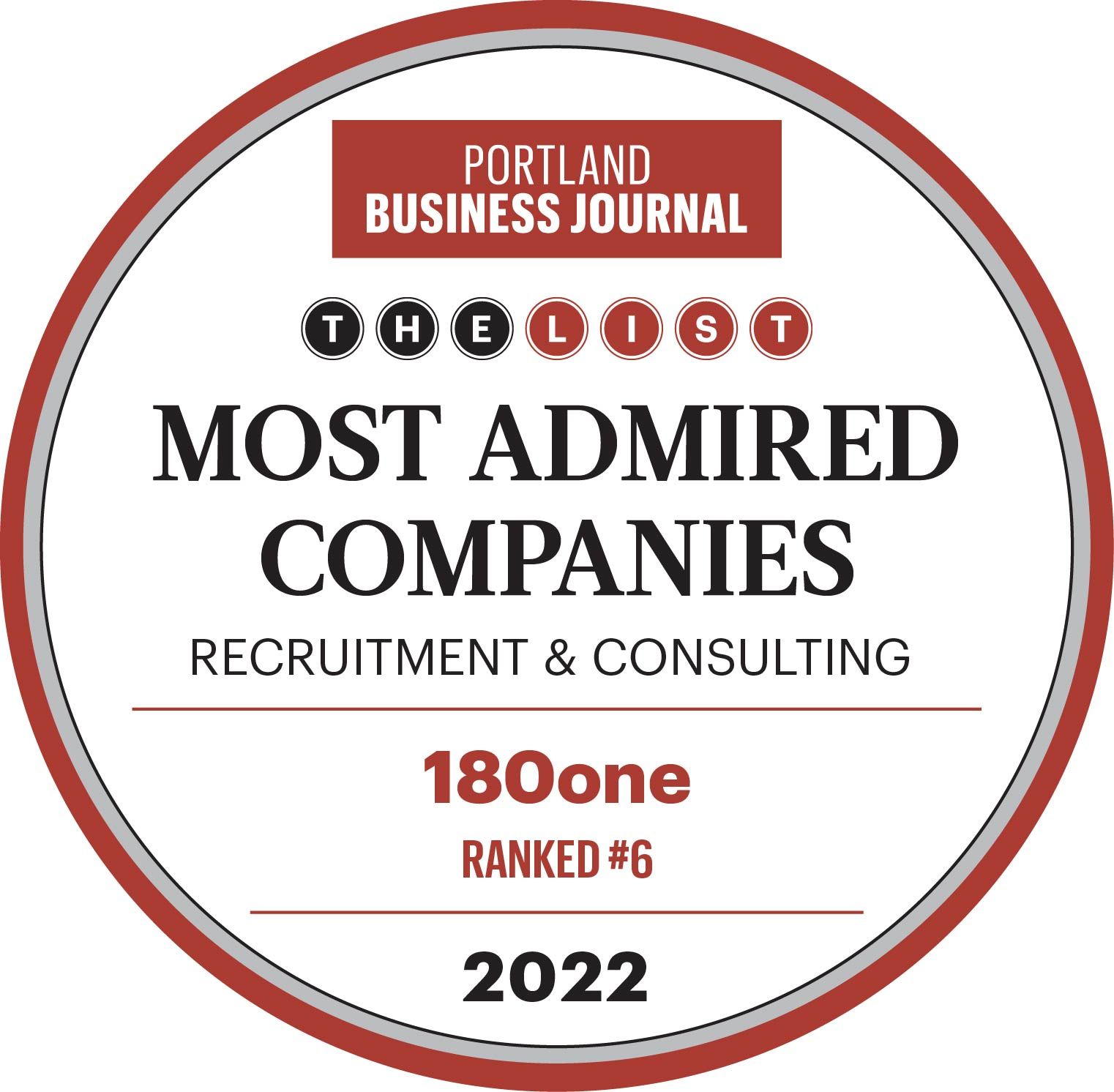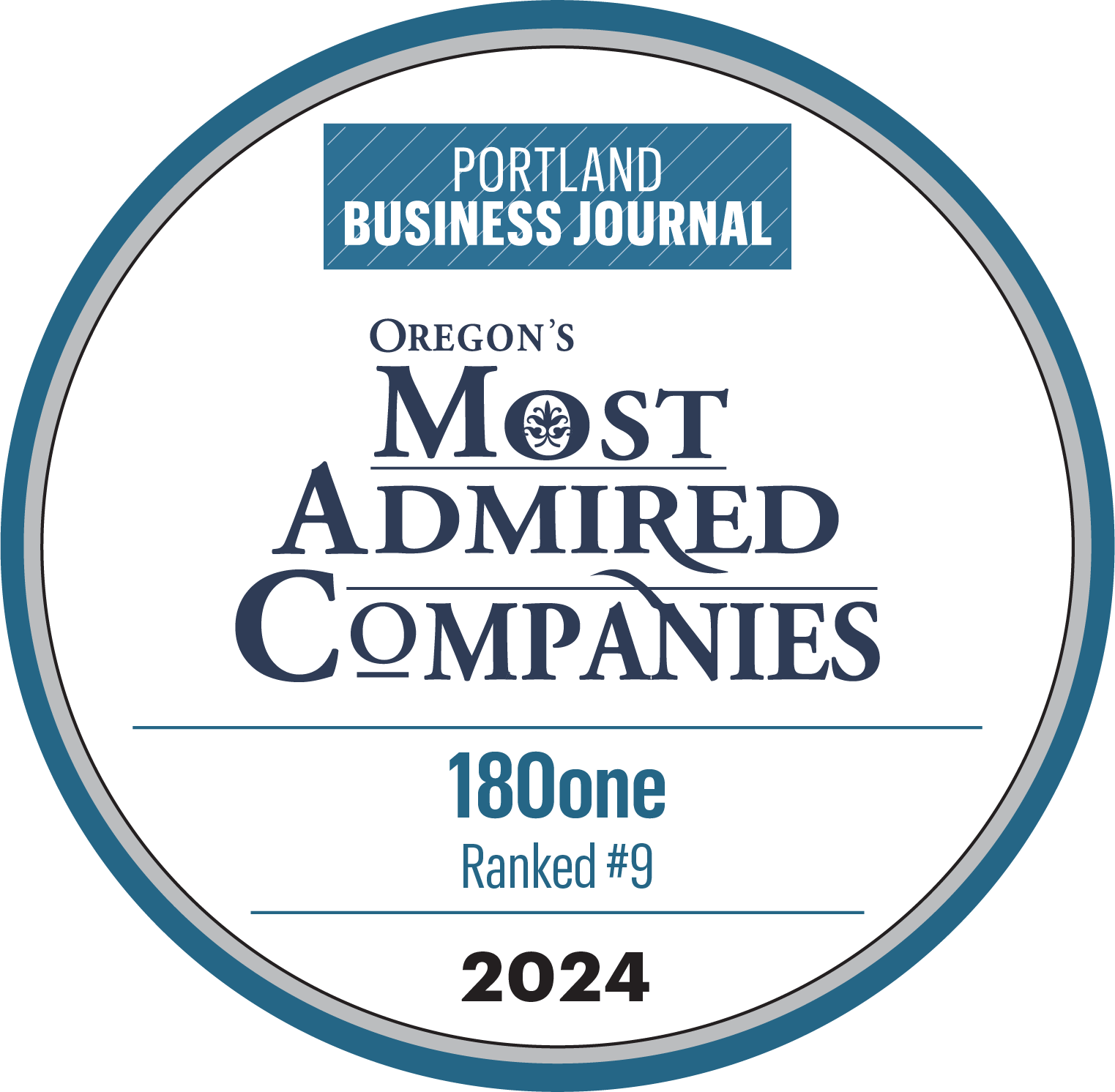From Remote Work to In-Person, How to Make Your Return-to-Work Policy a Competitive Advantage
The Covid pandemic changed the world. Most significantly, it cost millions of lives, a fact no one will recover from soon. But it also created shifts throughout society that are unlikely to be completely unshifted.
It revealed fault-lines in everyone’s standard operating procedures—from families, to businesses, to governments. It also revealed the grit, heroism, patience, and kindness of people all over the world. The cruel fact is that not everyone survived, but those who did learned and grew. Not every business survived either, but those that did are still evolving to succeed within with the new landscape.
One of the biggest areas of transformation in the business world has been about where people do their work. We learned that people work better from home than many people feared. We found out that people love their autonomy but also that isolation can lead to individual depression and team dysfunction. We also innovated, as a society, technologies and procedures that enabled remote work to be as successful as it was for so many.
But what now?
Businesses want to see their people together again. Workers don’t want to lose the flexibility and autonomy of remote work. What are our options?
Remote, Hybrid, In-Person—Three Models
Though some people worked remotely prior to the pandemic, it was rarely a company policy as much as a perk for certain workers or a nod to unique circumstances. Job-seekers rarely saw “remote work option” as a bullet point on their Indeed or LinkedIn job listings, and an entire generation of business owners and CEOs considered remote work akin to “no work.” Fears that receptionists and sales clerks might grumble if the marketing staff worked remotely created rigid “no-remote” policies that some employees felt were draconian and senseless.
On the other hand, in the return-to-the-office camp, there are numerous articles and studies arguing that collaboration is only achieved when teams are in-person, such as this one by Condeco, a company whose purpose is to help businesses get their workers functioning back in the office again.
If remote means a workforce that never shares space, and in-person means everyone is in the office every day, a hybrid work policy is implemented by many companies who want to find the sweet spot between the two. Does a hybrid plan keep everyone happy and maintain maximum productivity? In many cases, it does.
Dos and Don’ts of Back-to-Work
We’ve seen companies like Apple and Google walk back precipitously implemented back-to-the-office policies that got serious pushback from employees. Thoughtful planning can help companies avoid backpedaling and flip-flops.
Don’t:
- Rush to decisions and then have to rethink
- Worry about what the competition is doing
- Be rigidly demanding about in-office work if the entire leadership team works from home
- Put team or division managers in charge of back-to-work decisions for their staff
Do:
- Maintain flexibility at all times (flexibility means you don’t have to constantly rewrite rigid rules)
- Think strategically so your policy becomes an advantage in recruitment, hiring, and employee satisfaction/longevity
- Figure out what else is happening in your part of the world (remember you probably recruit more from your neighbors, and not necessarily from your competition)
- Create policies that enhance work satisfaction, make employees feel seen and heard, while also setting expectations that productivity is the goal
- Create a clear, company-wide policy
Logic rules in many cases. For example, some businesses cannot offer remote work. Manufacturing and retail jobs cannot be done remotely, whereas work at a tech company or marketing firm can be. Job roles determine workplace options. Some businesses have always had sales teams that worked remotely 99% of the time. No one questioned it because it was built into the role.
And for a hybrid workplace, consider the hierarchy of needs discussed in this article in the Harvard Business Review. In it, the author Rae Ringel says that high complexity goals require people to be in-person and low complexity goals do not. Somewhere in the middle there is wiggle room for a hybrid or in-person choice. Complexity is defined as including “emotional complexity, the range of interdependence, or the need for intervention.” Example of high complexity goals requiring employees be in person include conflict mediation, donor meetings, leadership development, and team building. At the low-complexity end of the spectrum are emergency briefings, skills trainings, and committee updates. Supervision meetings, performance reviews, and strategic planning are left in the middle where nuance can be considered.
How Your Back-to-Work Policy Can Give You a Competitive Edge
The goal of your return to office policy is the same as your company’s goal—to be as productive as possible, gain access to new talent, and avoid needless employee turnover, which is costly in a number of ways.
Considerations include:
- Financial savings—Can a strategic hybrid work plan allow you to downsize your bricks and mortar presence and save money that can be allocated to things like salaries, recruitment, research, marketing, or just about anything else?
- Access to more and better-qualified candidates—Does a flexible policy regarding remote or hybrid work allow you to hire people you would otherwise have no chance of getting?
- Productivity—Will your policy elicit the highest level of productivity from your people? Job satisfaction, loyalty, and commitment all have an impact on quality of work.
According to this piece in Wharton’s Executive Education newsletter, being in-person at least some of the time helps companies maintain the unique “feel” of their workplace culture. Without that, the question is: “How can companies differentiate themselves from each other in the war for talent?”
In 2021, PwC conducted a survey of executives and employees to learn about their opinions of remote work a solid year into the Covid pandemic. They found that:
- 83% of management and workers alike confirmed that remote work had been a huge success in their company.
- Employees are usually less eager for a return to the workplace than their bosses, but both groups believe the office, though changing in significant ways, is not going anywhere.
- 87% of employees believe that shared work space leads to successful collegial relationships and team collaborations.
- New employees want to be in the office more often than not, and management agrees. They and their bosses agree that trainings, supervision by and access to supervisors, and learning company culture are all best done in person.
When it comes to the question of how a hybrid model would settle out, there is no consensus. More than half of the workers surveyed would like to be remote three days or more per week, whereas executives are more convinced of the opposite—that most employees should be in-person three or more days a week.
Different companies will find what works for them—their business model, mission, workforce, and culture.
Let’s look at how two of 180one’s clients have managed these questions.
Two Companies Create Policies that Work for Them
First, let’s look at a manufacturing company with 1000+ employees. Leadership did a deep dive into each role and its function within the company to come up with a remote/hybrid model that worked for them. They did not want a one-size-fits-all policy. The manufacturing workforce has to be on-site—their job simply requires it. Other roles within the company could be done on a partially remote schedule. They came up with a clear policy for each department and role.
This choice considers all factors. Whereas many manufacturing companies would prefer an easy to enforce blanket policy that simply brings everyone back on-site, this company allowed for a nuanced consideration of what productivity looks like across a diverse range of roles and how their worksite/remote policy can enhance their hiring capacity.
The next company is smaller. Three-hundred employees provide professional services in a culture that greatly values collaboration. This company understood the benefits to the recruitment and retention of top-quality candidates from all over the country by using a 100% remote model. But they came up with a genius plan for how to maintain the company’s strong collaborative culture and keep their employees connected. Periodically through the year they create a pop-up office somewhere in the US and invite employees who are in striking distance of the location to join members of their team for a week or two. The company provides hotel accommodations and reserves a conference/workspace in a hotel or conference center.
Their unique approach is hugely popular with their workers. They value the autonomy and flexibility of remote work but look forward to their in-person office opportunities to bond with colleagues and experience the higher energy of in-person work several times a year.
Takeaways
For too long, the decisions about remote or hybrid work policies decisions were based on entrenched biases and emotional reactions to something few people had much experience with. Fear of the unknown had executives and managers in turmoil. But, by and large, things worked out. Workers across the country proved to themselves and their bosses that they are adaptable, trustworthy, and committed, whether they are in the office or at their kitchen table. The success of remote work during the pandemic made all of us rethink how and where corporate work gets done.
When those remote/hybrid policy decisions are based on research and data, real conversations with people in your company, and how best to reach your long-range goals—the policies receive less pushback, are more successful, and engender trust.






